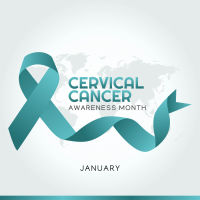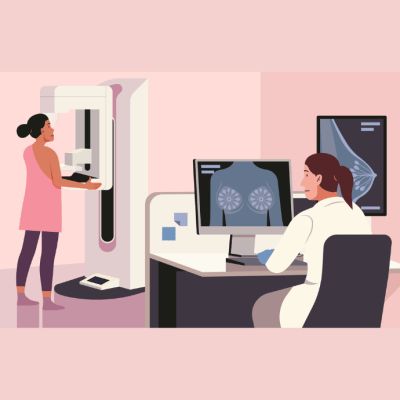According to a recent report, almost every state in the U.S. is neglecting access to maternal mental health care.
40 states and District of Columbia received a grade of a D or F. More than a dozen states have banned abortion access in the year since the Supreme Court’s landmark decision overturning Roe v. Wade, which has resulted in severe consequences for maternal mental health.
Specifically, in states where abortion has been restricted, access to mental care has been very poor.
According to the Policy Center report, a significant number of states do not have specialised care available for pregnant and postpartum women. For instance, only five states—California, Illinois, Louisiana, New Jersey, and Oklahoma—mandate ob/gyns to conduct maternal mental health screening during both prenatal and postpartum visits.
The Policy Center estimates that around 600,000 (20%) of U.S. mothers may face challenges with their mental well-being each year. Moreover, the Maternal Mental Health Leadership Alliance reveals that Black women are twice as likely as White women to experience maternal mental health conditions but are only half as likely to receive treatment. This highlights significant disparities in access to mental health support for different demographic groups.
Elaine Cavazos, the chief clinical officer at a reproductive mental health care clinic in Austin, expressed her worry that abortion bans have exacerbated an already-poor state of access to reproductive and mental health care in Texas. According to her statement to CNN, fears over prosecution for aiding an abortion have created a barrier between patients and healthcare providers. The situation has prevented communication between providers and patients about reproductive experiences, including pregnancy termination in other states or experiences of pregnancy loss.
Maternal health professionals are relocating away from abortion-restricted states. This means there will be even less capacity to screen for and identify maternal mental health conditions.
Across the country, most states already face challenges in accessing maternal mental health care professionals. The report cards allocated points for any state that had at least 5 certified perinatal mental health providers per 1,000 annual births. However, only two states, Vermont and Montana, were able to meet this threshold.
There are many providers who feel they are held responsible for facilitating an abortion if their patient experiences a miscarriage, which is especially common in early pregnancy.
The potential consequences of these fears have significant implications for both the mother's and the baby's well-being, affecting their mental health and overall health. The risk is particularly alarming, considering the vulnerable state of maternal mental health, and it highlights the urgent need to address these issues nationally.
Source: CNN News
Image Credit: iStock






















